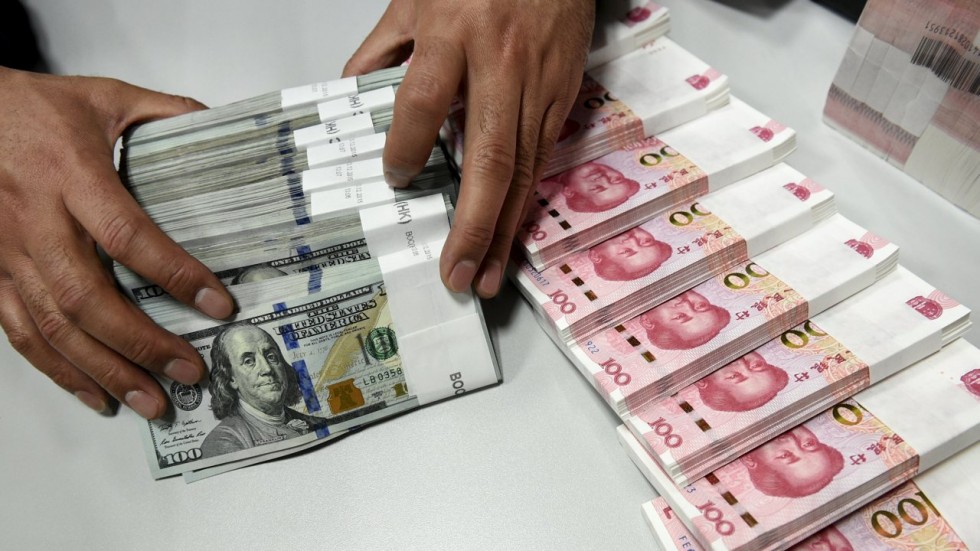- CBN Set to Begin Chinese Currency Sale
Following the currency swap deal signed last month with the People’s Bank of China last month, the Central Bank of Nigeria has said it may conduct bi-weekly bidding sessions for the sale of Chinese currency to authorised dealers.
The CBN, in May, signed the agreement with the PBoC to facilitate trade between the two countries and enhance foreign reserve management, making Nigeria the third country in Africa (after South Africa and Egypt) to sign such a deal with China.
The PBoC-CBN Bilateral Currency Swap Agreement will allow the two countries to swap a total of 15 billion renminbi for N720bn, or vice versa, in the next three years. The deal can be extended by mutual consent.
The Director, CBN, Financial Markets Department, Dr. Alvan Ikoku, in a circular on Thursday, said, “The swap agreement allows for both banks to, among other purposes, make available liquidity in their respective currencies for the facilitation and promotion of trade and investments across the two nations, through the purchase, sale and subsequent repurchase and resale of the Chinese yuan against the naira and vice versa.
“To achieve this, the CBN may conduct bi-weekly renminbi bidding sessions. The BCSA is for a maximum amount of 15 billion Chinese yuan for N720bn with a three-year tenor. The BCS shall be used faciliate trade and direct investment between the People’s Republic of China and the Federal Republic of Nigeria.”
According to the CBN, the currency swap will also be used to maintain financial market stability and for other purposes that both parties may agree upon.
In respect of access to the CBN bi-weekly renminbi bidding, it said, “All authorised dealers shall open Renminbi accounts with a corresponding bank and advise the CBN with its Renminbi account details which may either be with a bank onshore or offshore China.
“Importers intending to import from China shall obtain Proforma Invoice denominated in renminbi as part of the documents required for the registration of Form M. Foreign exchange purchased in the window shall not be used for payments on transactions in which the beneficiaries are not in China.”
According to the apex bank, authorised dealers shall not open domiciliary accounts denominated in renminbi for customers.
“For the purpose of this regulation, authorised dealers shall be deposit money banks and merchant banks.
The CBN said renminbi sales would be applicable only to trade-backed transactions, adding, “Importers and exporters shall continue to pay the applicable levies on imports and exports, respectively.
“Authorised dealers are required to utilise funds within 72 hours from the value date, failing which such funds must be returned to the CBN for repurchase at the bank’s buying rate.
The central bank said it would debit authorised dealers’ current account on the day of intervention with the naira equivalent of the renminbi bid request.
“The CBN reserves the right not to make a sale if in its opinion the exercise does not provide an effective price for the determination of the naira/yuan exchange rate, in which case, the CBN may choose to offer another special secondary market intervention sales (retail or wholesale) session,” it added.

 Billionaire Watch3 weeks ago
Billionaire Watch3 weeks ago
 Startups4 weeks ago
Startups4 weeks ago
 News4 weeks ago
News4 weeks ago
 News4 weeks ago
News4 weeks ago
 Bitcoin4 weeks ago
Bitcoin4 weeks ago
 Naira4 weeks ago
Naira4 weeks ago
 Forex3 weeks ago
Forex3 weeks ago
 Treasury Bills4 weeks ago
Treasury Bills4 weeks ago
























